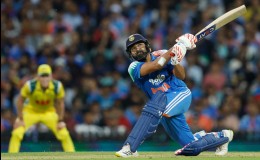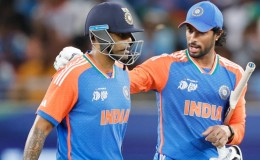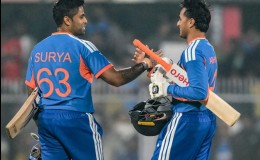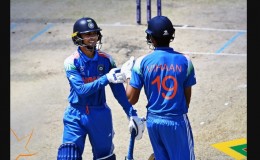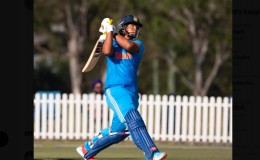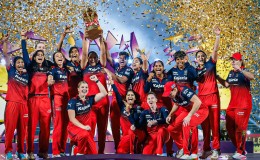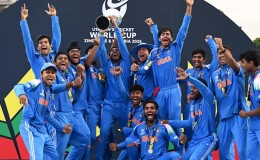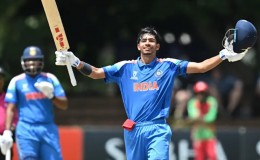Making light of former India coach Greg Chappell’s comments that some players in the Indian team didn’t enjoy the then captain Rahul Dravid’s success, former skipper Sourav Ganguly who was at loggerheads with Chappell, said that the Australian can write whatever he likes.
Former India skipper Sourav Ganguly told The Indian Express that he didn’t want to read too much into what Chappell had said in the book. “Again, Greg Chappell! I haven’t read the book yet. But Greg Chappell can write whatever he likes. It doesn’t bother anyone,” Ganguly said.
“Sadly the success of the team was not universally enjoyed within the team. Some individuals felt threatened by the new world order and appeared to work against Rahul,” Chappell has written in the book Rahul Dravid — Timeless Steel, which was launched in Mumbai on Wednesday.
Meanwhile a Hindustan Times report says that former India coach Greg Chappell has ignited a fresh controversy in his newly-released book on Rahul Dravid, saying had the retired batting great received the same support that he gave other captains, he would have been the country's most successful skipper. Chappell wrote that despite Dravid guiding the Indian team to a number of victories, his success was not enjoyed by some of the members of the side.
"Had he been given the same wholehearted support in the role that he had given others, I think the recent history of Indian cricket may have been very different and he could have gone on to become the most successful Indian captain ever," he added.
The former Australian skipper recalled how Dravid led India to nine ODI wins in a row by inserting the opposition after winning the toss, regardless of the conditions, and then went on to pilot the team to a world record of 17 consecutive wins batting second, says media reports.
"To learn how to get better at chasing a target, Rahul kept asking the opposition to bat first, no matter the conditions. Under his leadership, India won nine ODIs in a row against Pakistan and England, and went on to complete a world record of 17 consecutive wins batting second."
Stating that the same approach had helped India win Test matches abroad as well, Chappell wrote, "A similar approach to Test cricket brought about India's first overseas victory in the West Indies for 35 years and a first-ever Test victory in South Africa, which could have been turned into a series win if the team had batted better in the second innings in the final Test in Cape Town."
Chappell's reference is to India's Test series victory (1-0 in the four-match series) in the Caribbean in 2006 followed by its maiden win in Johannesburg's opening Test of the 2006-07 series, before Dravid's team lost the next two games and the rubber to the Proteas.

